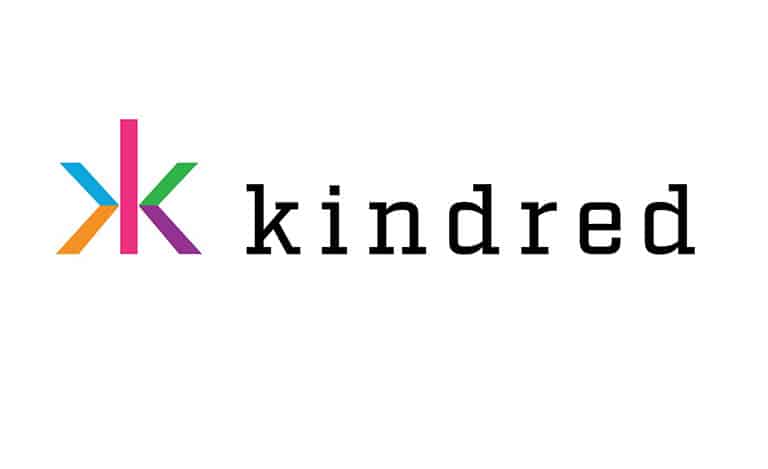
Bookmakers choose to increase their workforce by as much as 14%
The large gaming company Kindred Group Plc has decided to increase its workforce by as much as 14% next year as they applied for a New Zealand gaming license in New Zealand, combined with their rapid growth in recent years. The gaming license is needed due to the new Gaming Act that comes into force in$aft on January 1, 2019.
The company's revenue has increased by an average of 25% annually over the past seven years. Much of this has been thanks to their betting products in the sports of football, ice hockey and racing sports. In an interview in Stockholm with the Chief Executive Henrik Tjärnström, he says that ”it is more or less planned to hire more employees in order to maintain the same growth rate”.
At the time of writing, Kindred employs 1,425 people and will expand the number with a full 200 new employees next year. Many of these will be employed in New Zealand where Tjärnström expects the number of employees to grow from 300 up to 400 next year. In a couple of years, he expects up to 700 employees in total.
However, finding qualified personnel is not easy in a country where many industries suffer from skills shortages, especially in the technology sector and other digitally based job sectors. Moreover, Kindred's competitors are not only domestic, but the whole world are their competitors in this global gaming industry.
The skills shortage is not only due to the few who have the training, but also to the fact that other major IT giants such as Spotify and Google are competing for the same scarce available skills that still remain on the market.
This is what the rapid growth has looked like in recent years in Kindred Group Plc
The gaming company Kindred has also planned to move to a larger office in Stockholm in april next year. They will then become neighbors with other tech giants like Spotify as I said was. The bookmaker has seen great growth in recent years.
For example, in 2012, they made just over$2 billion in profits. In 2013, this increased up to just over$3 billion. In 2015, they began to approach$4 billion in profits. In 2016, their profit exploded at a whopping$5.8 billion onor. In 2017, the profit was just over$7.8 billion. This year, the profit is close to$9 billion. What the coming years will look like remains to be seen. They are likely to start sniffing at the 10 billion mark around 2020.
If something new happens in the gaming industry that involves casinos in New Zealand and betting, you will find out here in our blog. Remember to add it to your favorite bookmarks if you haven't already!